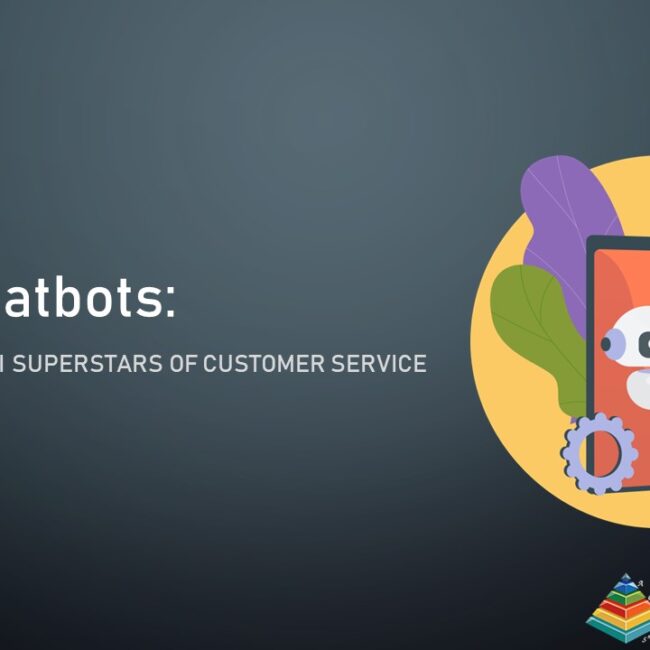
Building a Successful App Launch Strategy: For App Store
Launching a mobile app is a thrilling endeavor, but without a well-structured strategy, even the most innovative and well-developed apps can get lost in the vast sea of app stores. To ensure your app’s success, it’s crucial to plan a robust launch strategy. In this blog, we’ll guide you through the steps for building a successful app launch strategy, from pre-launch preparations to post-launch marketing.
Pre-Launch Preparations
1. Market Research
Before you even start developing your app, conduct thorough market research. Identify your target audience, understand your competitors, and uncover potential gaps in the market. Use this information to shape your app’s features and value proposition.
2. Define Your Unique Selling Proposition (USP)
What sets your app apart from the competition? Define a clear and compelling USP that highlights the unique benefits and features of your app. This will be the core message of your app marketing.
3. Beta Testing
Invite a select group of users to participate in beta testing. Their feedback will help you identify and fix bugs and gather insights on user preferences. Beta testers can become advocates for your app when it’s launched.
App Store Optimization (ASO)
Optimize your app’s presence on the app store by choosing a relevant and keyword-rich app name, creating an engaging app icon, writing a compelling description, and selecting relevant keywords. This will enhance your app’s visibility to potential users.
Launch Day
1. Announce the Launch Date
Create anticipation by announcing your launch date ahead of time. Use your website, social media, and email marketing to get the word out.
2. Prepare Marketing Materials
Craft high-quality marketing materials, including screenshots, videos, and promotional graphics. These assets will be used on your app’s store listing, website, and social media.
3. Press Release and Outreach
Draft a press release and distribute it to relevant media outlets and influencers in your niche. Personalized outreach to journalists and bloggers can lead to positive press coverage.
4. Soft Launch
Consider a soft launch in a limited geographic region to gather feedback and address any last-minute issues. This can also help you fine-tune your app’s user acquisition strategy.
Post-Launch Marketing
1. Social Media Marketing
Leverage the power of social media to promote your app. Share updates, features, user testimonials, and engaging content regularly. Run targeted advertising campaigns to reach your audience.
2. Content Marketing
Produce high-quality content related to your app’s niche. Blog posts, videos, podcasts, and infographics can help you establish authority and drive traffic to your app.
App Review Websites
Submit your app to popular review websites to gain exposure and valuable user feedback. Positive reviews can boost your app’s credibility.
Email Marketing
Use email marketing to keep users informed about updates, new features, and special offers. Encourage them to refer friends and write reviews.
App Store Optimization (ASO)
Continually refine your app’s store listing based on user feedback, app store data, and evolving trends. Regularly update your app to keep it relevant and address user concerns.
Engaging Users Post-Launch
Retaining users and maintaining a high app store rating is crucial for long-term success. Here are some strategies:
User Feedback and Support
Promptly address user feedback and provide excellent customer support. This can turn dissatisfied users into loyal advocates.
App Updates
Regularly release app updates with new features, improvements, and bug fixes. User engagement often increases with each update.
In-App Analytics
Use in-app analytics to understand user behavior and preferences. Data-driven decisions can guide your app’s development and marketing efforts.
Community Building
Create a community around your app through forums, social media groups, or even in-app features like chat or discussion boards. A dedicated user community can drive engagement and loyalty.
Conclusion
A successful app launch strategy involves thorough pre-launch preparations, a well-orchestrated launch day, and a sustained post-launch marketing effort. Building and maintaining an app’s success takes time, dedication, and a commitment to ongoing improvements. By following these steps and continuously engaging with your user base, you can increase your app’s chances of achieving lasting success in the competitive app market.


